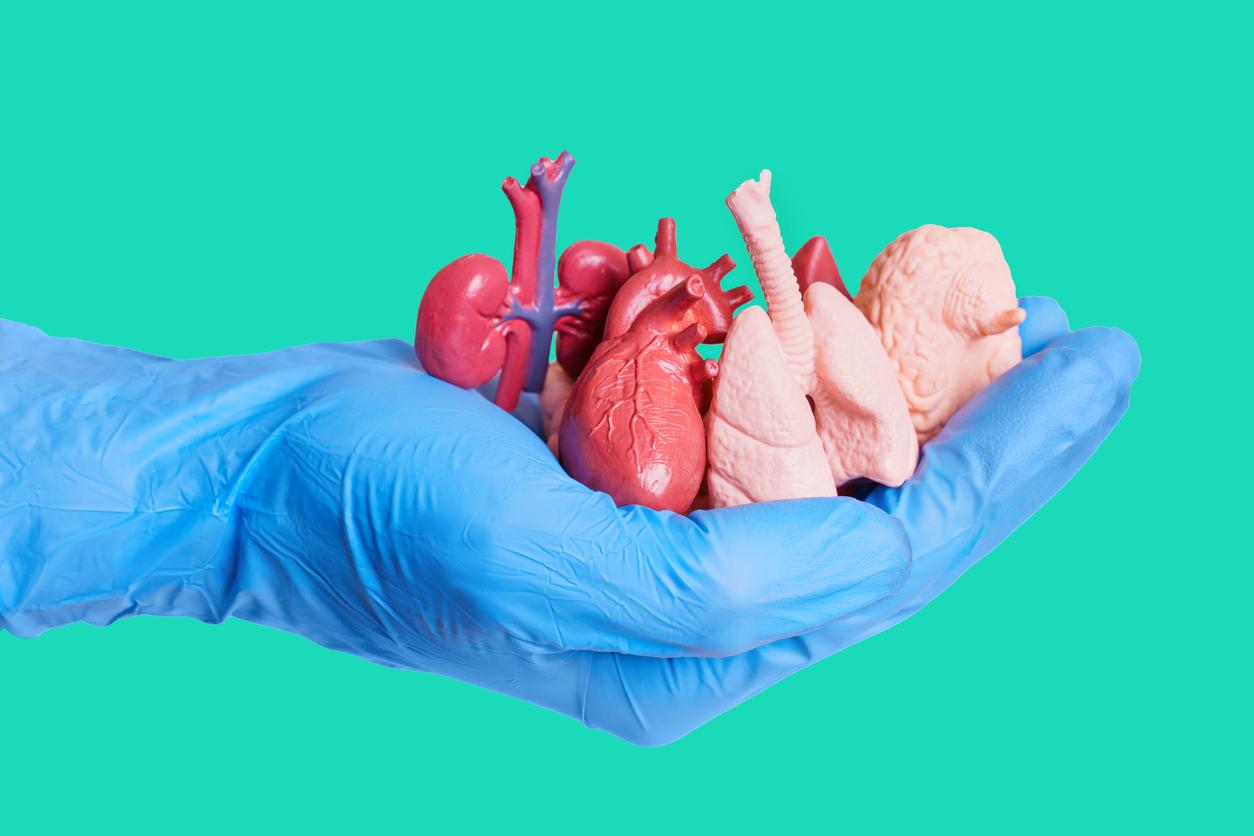The law on organ donation (known as the Caillavet law) is 40 years old. According to this law, we are all deemed donors, unless we clearly expressed our opposition during his lifetime. But in fact, when doctors consult relatives, they have to face a refusal in a third of cases (32.5% in 2015), mainly because of the position of those around them.
As of January 1, this law will change so that everyone can easily express your choice, in the hope that this increases the number of donations.
A simple registration on the internet
The refusal conditions have been tightened. The amendment introduced in the health law provides that “post-mortem organ harvesting can be performed on a person of full age as long as he has not made known, during his lifetime, his refusal of such a harvest, mainly by registration in an automated national register meant for that purpose”.
People can register on this refusal register online, by attaching a simple scan of their identity documents. They can also oppose the donation of certain organs only, if they wish.
Finally, it will also be possible to leave a writing to your loved ones, again by possibly specifying the organs that you do not want to donate.
Read also :
Transplant: what determines donor-recipient compatibility?
In Japan, stuffed animals patched up to talk about organ donation
















